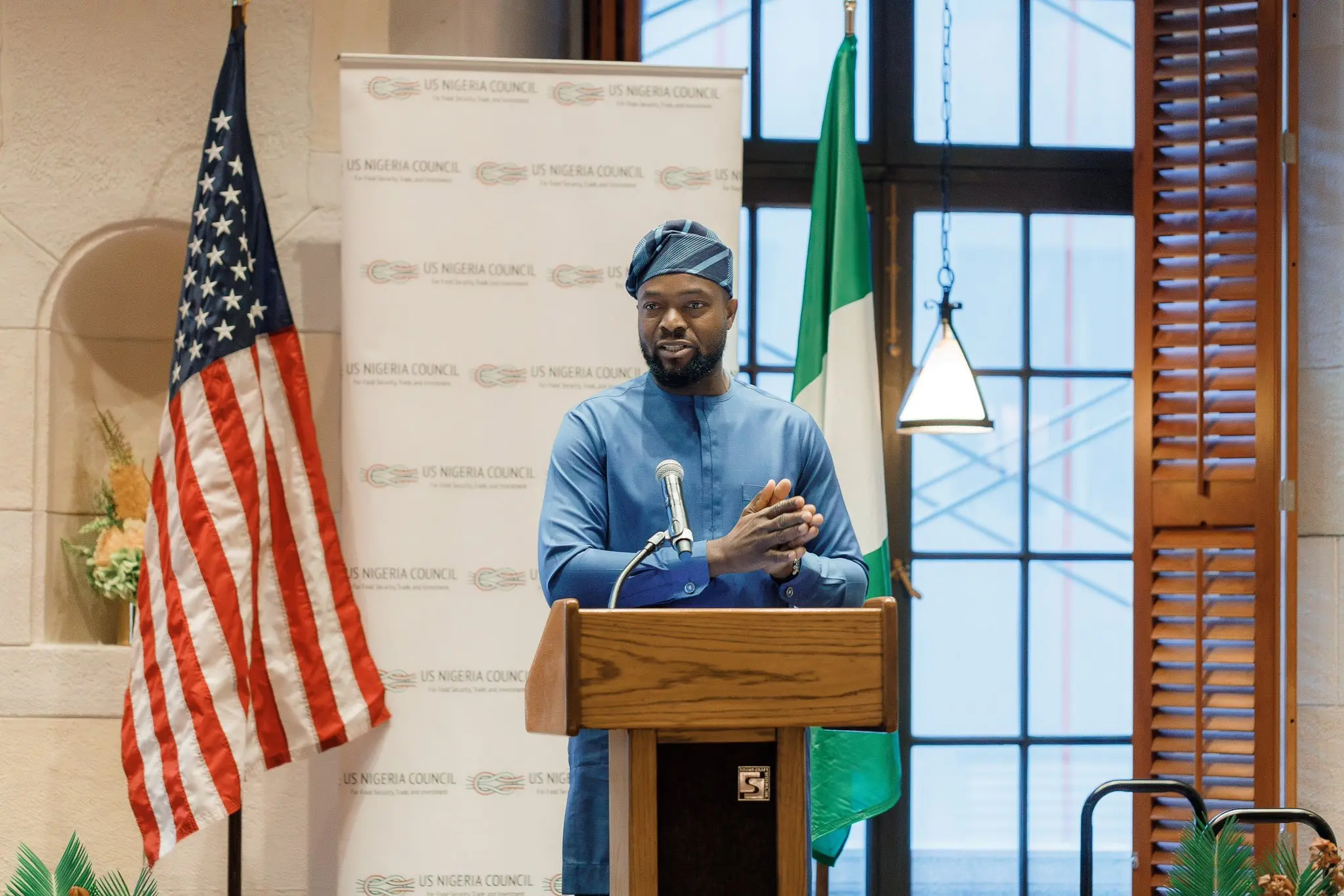Nigerian senators have reacted to the current ban on cryptocurrency trading in the country by the Central Bank of Nigeria (CBN).
On one hand, a cross-session of the lawmakers are of the opinion that cryptocurrencies have made the Nigerian currency useless, but on the other hand, some think there are huge economic opportunities there, hence it should be regulated.
According to a statement released via the Senate’s official Twitter handle after Thursday’s plenary session, some Senators argued against the ban.
Sen. Biodun Olujimi of the Ekiti South Constituency insisted that Nigeria cannot be resistant to crypto trading, because it has facilitated great businesses in the country and is helping to grow the economy.
“We didn’t create Cryptocurrency and so we cannot kill it and cannot also refuse to ensure it works for us. These children are doing great business with it and they are getting results and Nigeria cannot immune itself from this sort of business.”
Meanwhile, others who stood for the ban include Senator Sani Musa of the Niger East Senatorial District, who doesn’t see any regulatory measures that can check the activities of crypto traders in the country, he says the technology behind it is too strong.
“Cryptocurrency has become a worldwide transaction of which you cannot even identify who owns what. The technology is so strong that I don’t see the kind of regulation that we can do. Bitcoin has made our currency almost useless or valueless,” the senator says.
On his end, Senator Tokunbo Abiru, representing Lagos East Senatorial district, says it is good to ban the trade of cryptocurrencies, however, that wouldn’t make it go away.
“The last five years, we have had people changing cryptocurrencies to over 500 million dollars. It is good to ban because of the challenges it has presented; in reality, banning it doesn’t take it away.
Abiru also suggested regulatory measures, involving key stakeholders in the financial sector.
“Even our Security Exchange Commission (SEC) also recognized cryptocurrency as a financial asset they need to regulate. What we should do is to invite the major stakeholders to a public hearing.”
On the way forward, the lawmakers have therefore mandated industry players in the financial sector and ICT to summon the CBN governor, Godwin Emefiele for a session on the opportunities and risks of cryptocurrencies in Nigeria’s economy.
You can recall that on February 5th, the CBN directed banks and other financial institutions to close accounts transacting in cryptocurrencies. The order reminded financial institutions that “dealing in cryptocurrencies or facilitating payments for cryptocurrency exchanges is prohibited” in the country.



















